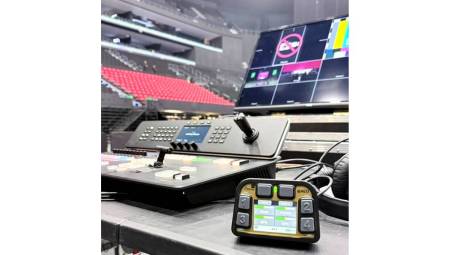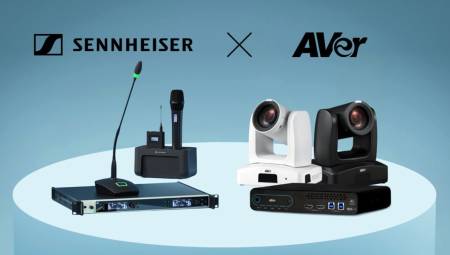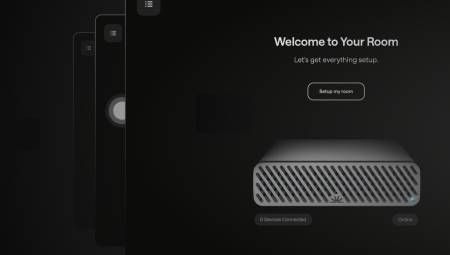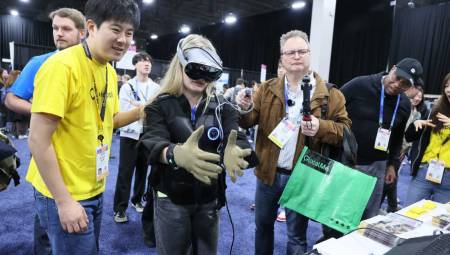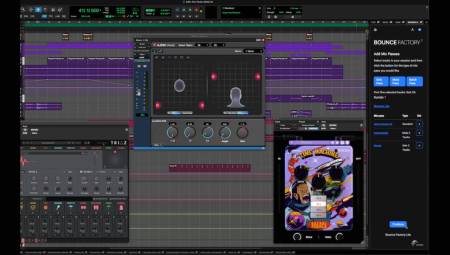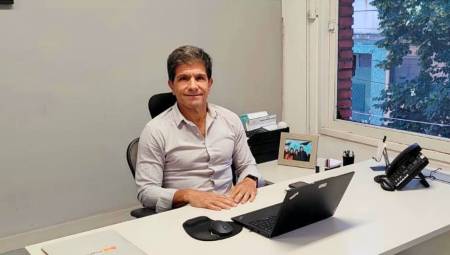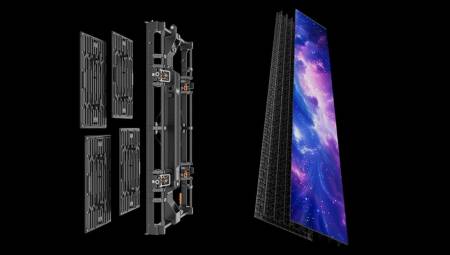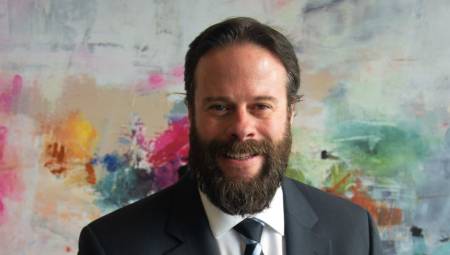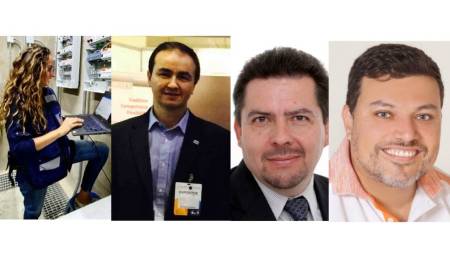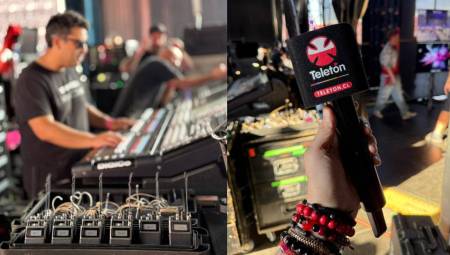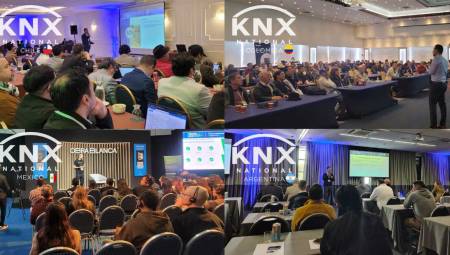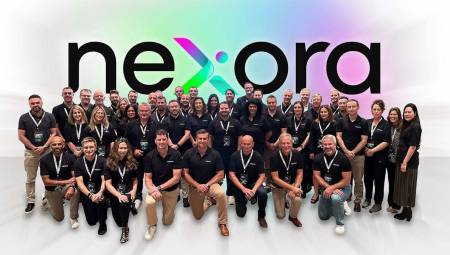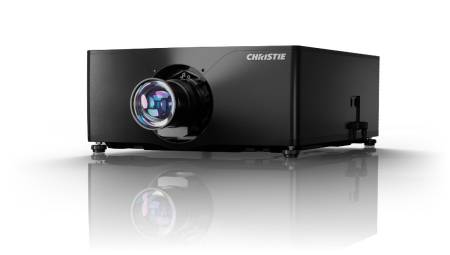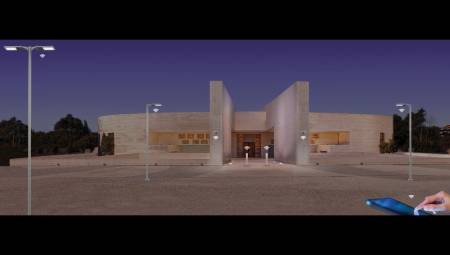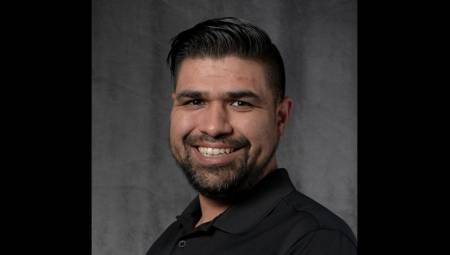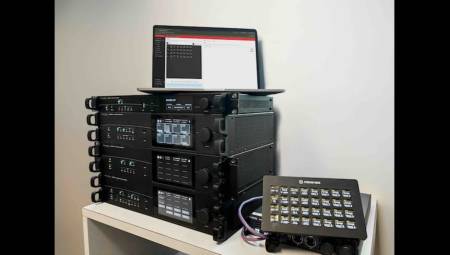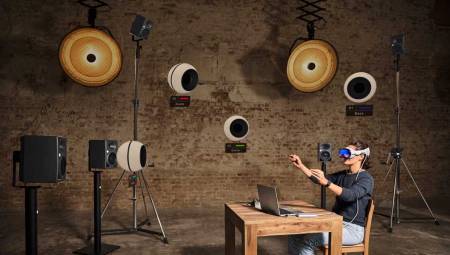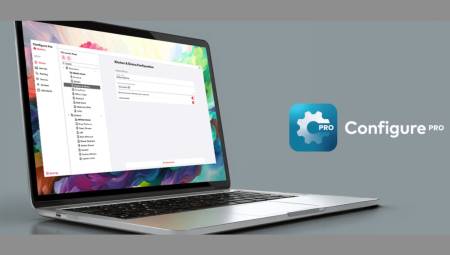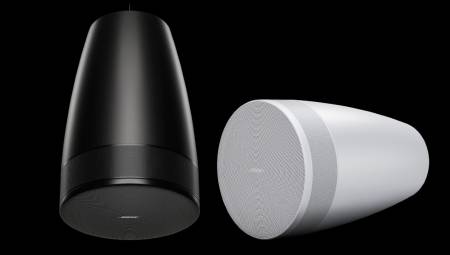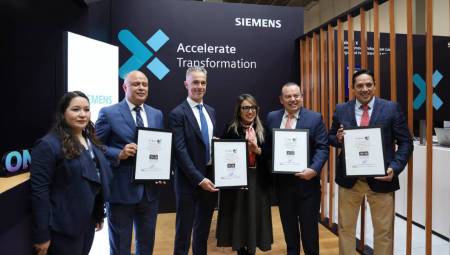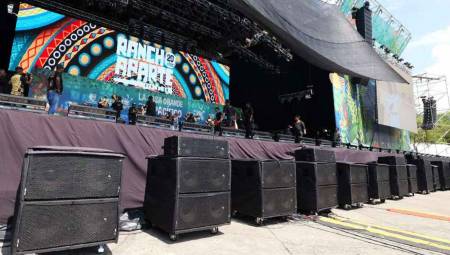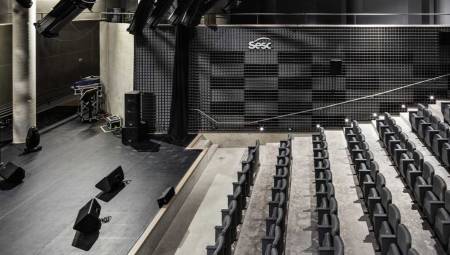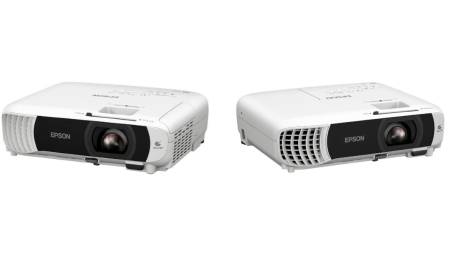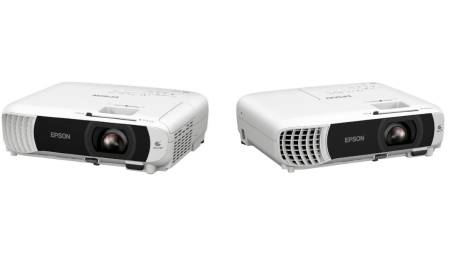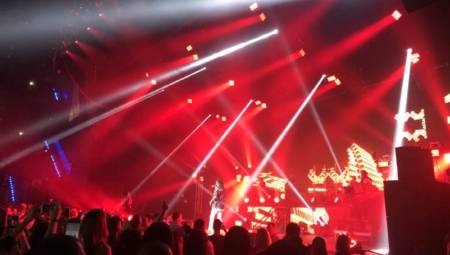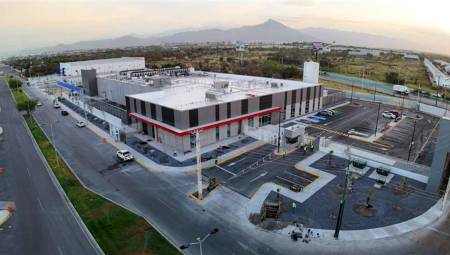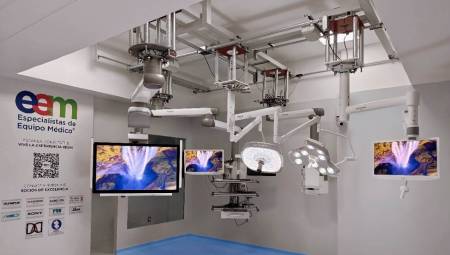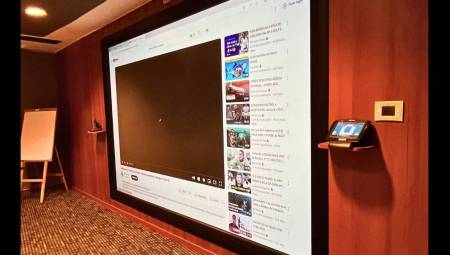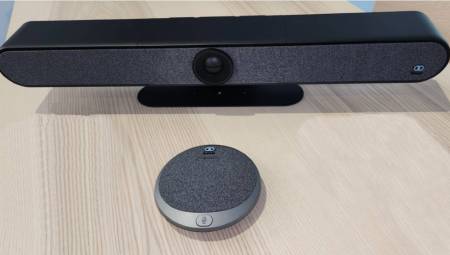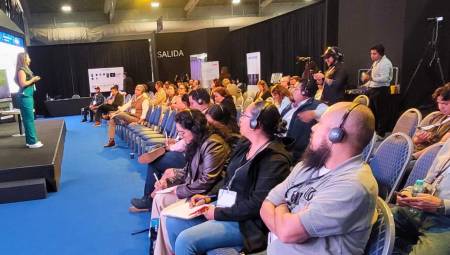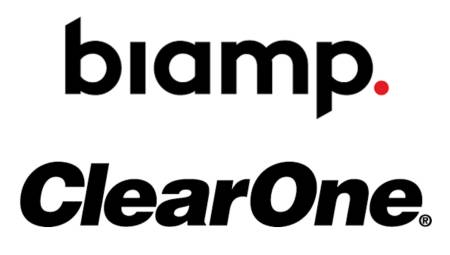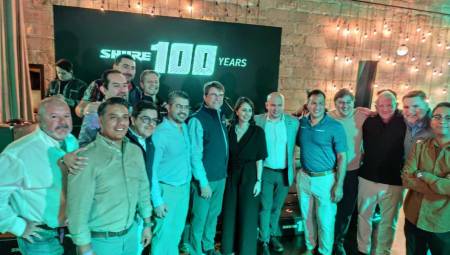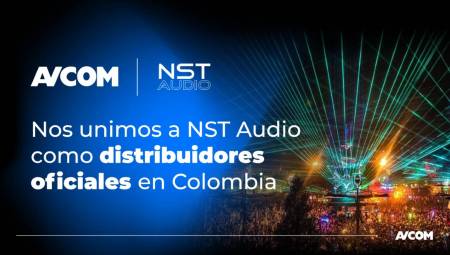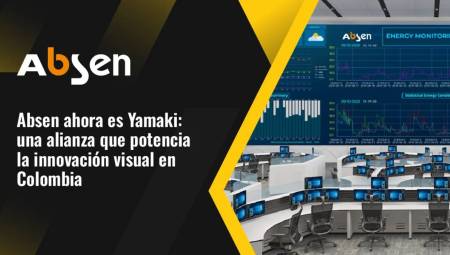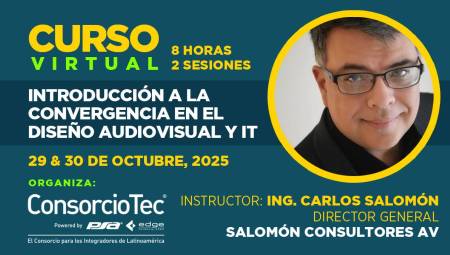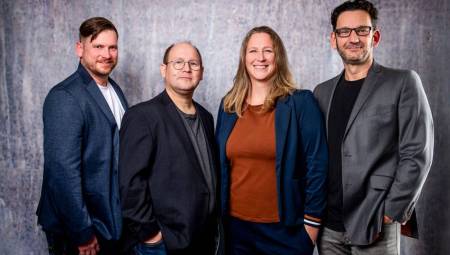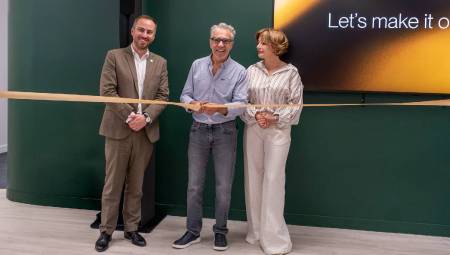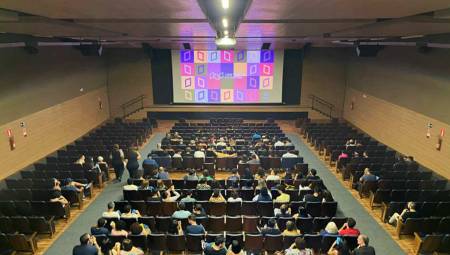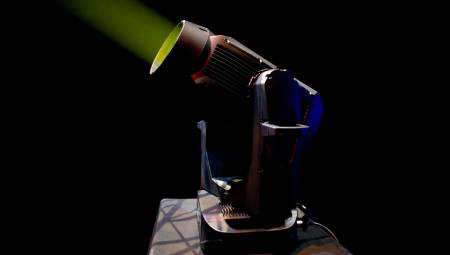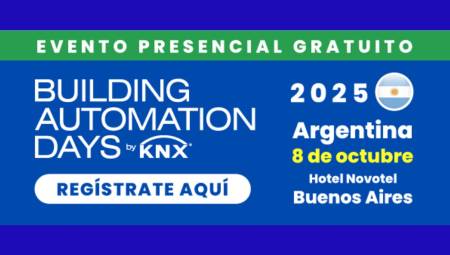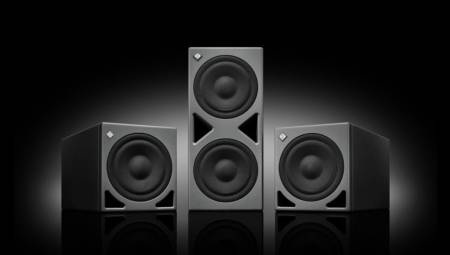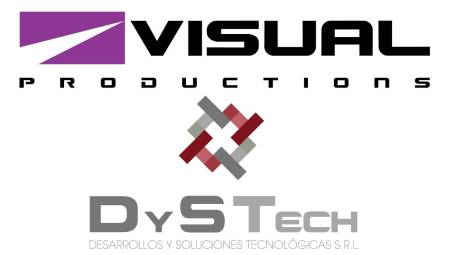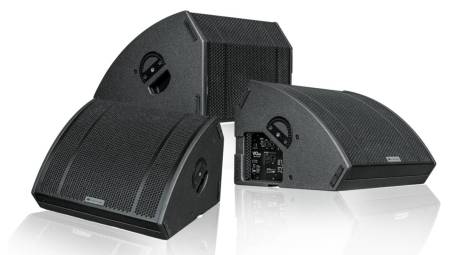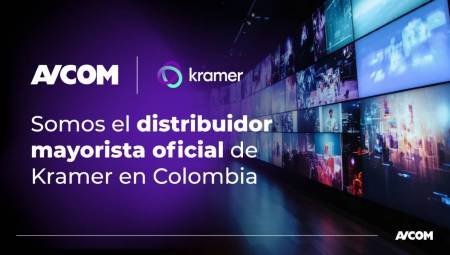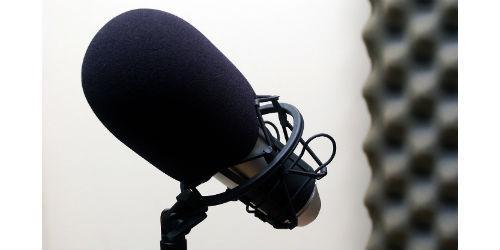 Generally musicians strive to perform their physical instrument or voice as best as possible. For that they rehearse many hours a week and have invested a lot of time in learning techniques, but on stage it is not only the technique that counts.
Generally musicians strive to perform their physical instrument or voice as best as possible. For that they rehearse many hours a week and have invested a lot of time in learning techniques, but on stage it is not only the technique that counts.
Juan Tamayo*
What makes one band stand out from another on stage? There may be many reasons to say that professionally and technically one band differs from another in a performance. In this article we will try to visualize different professional actions that bands must take to achieve a state of continuous improvement on stage.
Before I start, I clarify that I am not a musician and that I may not have the necessary experience on stage to be able to judge the work of others. This is an article with an educational approach that seeks that musicians or people who are on stage, identify the importance of knowing technical aspects that will make their work better.
Generally musicians strive to perform their physical instrument or voice as best as possible. For that they rehearse many hours a week and have invested a lot of time in learning techniques, but on stage it is not only the technique that counts, a large percentage is provided by the elements of signal transmission such as microphones, both wired and wireless.
It is not only to demand in a Technical Rider a microphone of a special reference. Let's analyze cases that can occur when a microphone is requested from a supplier company:
- The microphone has a long operating time and its capsule or components are defective
- The microphone is not original (unfortunately our Latin American market is invaded by copy products).
- The musician who has invested a lot of money in his technique, possibly in his instrument will lose all this investment because someone did not take care to supply the desired microphone in the production of the event.
- The musician must acquire his microphone and must be responsible for the transport and maintenance of it, as he does with his instrument. Some schools or learning lines teach that the musician must supply up to the cable. I do not consider that it should be so, but at least I do know how to evaluate if a cable and connector is of good quality.
Now, the musician has his microphone, he acquired one from an authorized and certified distributor. How should you position the microphone to get the best out of generating melodic mechanical waves? Each microphone must be placed specially and spatially to achieve the desired audio, it is not only to place the microphone in front or on the instrument, it must find the ideal place to achieve the expected color. Of course, the technique must also ensure that it avoids phase problems and feedback.
Phase problems occur when I place two microphones very close and they pick up the same signals. At the time of mixing, these signals are canceled at certain frequencies because they have entered the microphones at different times. The feedback is given because a signal that has been amplified enters the microphone again and is amplified again generating an infinite cycle.
So, should the musician be in addition to artist, a professional sound technician? The answer is no, that's why each band must have its trusted technical team which is made up of roadies and engineers. I consider that these are the invisible artists, those that nobody sees but that everyone hears, often go unnoticed, but they know what to do and how to do it at the exact moment so that the band delivers the best performance on stage.
These staff know how the musician plays his instrument, what he needs to do it and when he will do it. Sometimes they become the third arm of the musician.
The invitation that I make to musicians, and that I extend through this article, is that they train in techniques of selection and location of microphones. This will increase the performance on stage and although they form a great technical team, it is also good to know about this "technical art".
Note: let's support the local artists, we go to their concerts paying the income. No request for free tickets. And let's buy the local music, so they can buy better quality equipment and deliver a better show.
If you have any questions you can write to me at the [email protected] I will gladly solve any concerns.
*Juan Tamayo is a Sales Engineer for sound installations in Latin America from the company Audio Technica.





